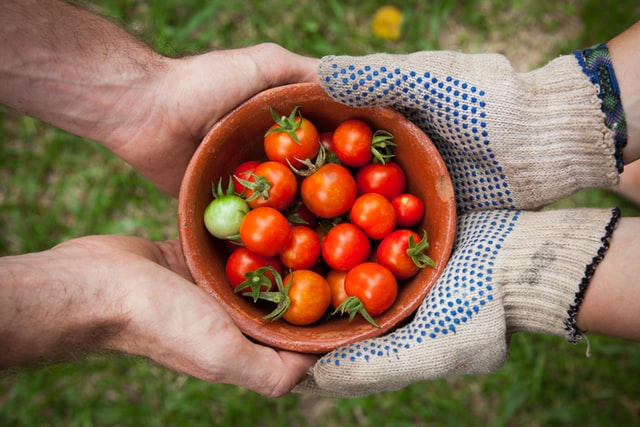Generosity: Definition, Examples, & PracticesBy Angela Saulsbery, M.A.
Reviewed by Tchiki Davis, M.A., Ph.D. What is generosity? Discover its meaning, examples of generous actions, and how to become more generous. Also, the benefits of generosity!
In this article, we’ll discuss generosity, how to practice generosity, and how generosity compares with similar concepts like giving and support. We’ve even included quotes and a poem about generosity to deepen your understanding of the concept.
Before reading on, if you're a therapist, coach, or wellness entrepreneur, be sure to grab our free Wellness Business Growth eBook to get expert tips and free resources that will help you grow your business exponentially. Are You a Therapist, Coach, or Wellness Entrepreneur?
Grab Our Free eBook to Learn How to
|
Are You a Therapist, Coach, or Wellness Entrepreneur?
Grab Our Free eBook to Learn How to Grow Your Wellness Business Fast!
|
Terms, Privacy & Affiliate Disclosure | Contact | FAQs
* The Berkeley Well-Being Institute. LLC is not affiliated with UC Berkeley.
Copyright © 2024, The Berkeley Well-Being Institute, LLC
* The Berkeley Well-Being Institute. LLC is not affiliated with UC Berkeley.
Copyright © 2024, The Berkeley Well-Being Institute, LLC




